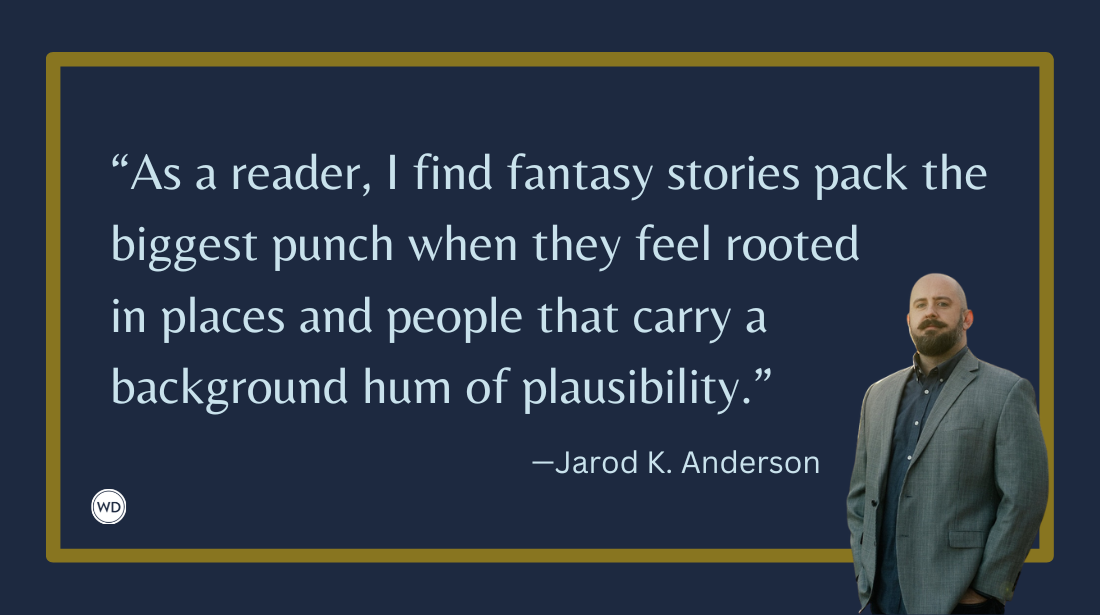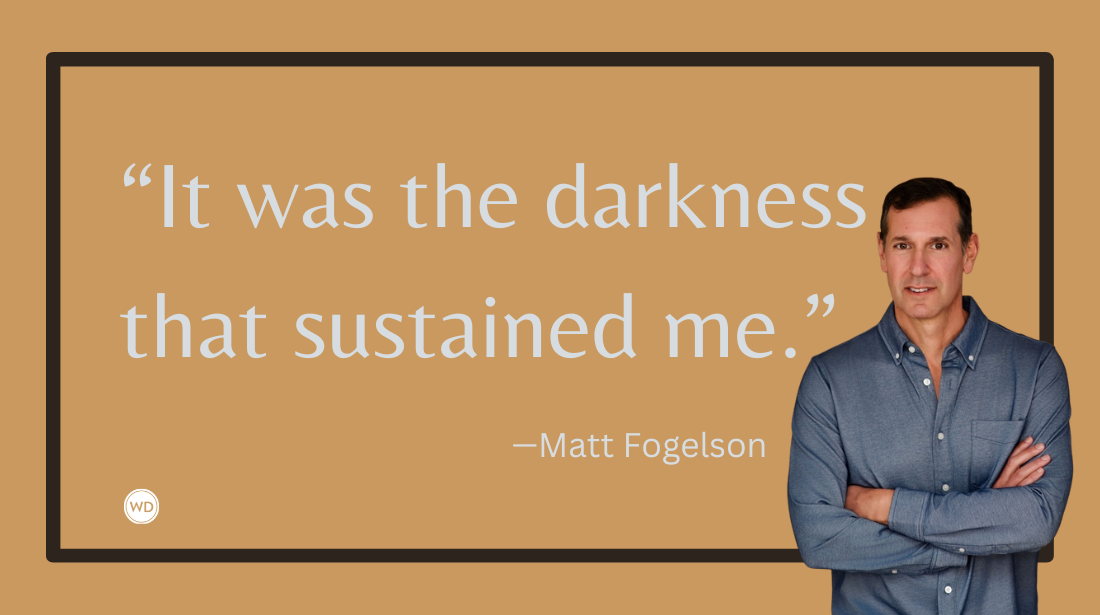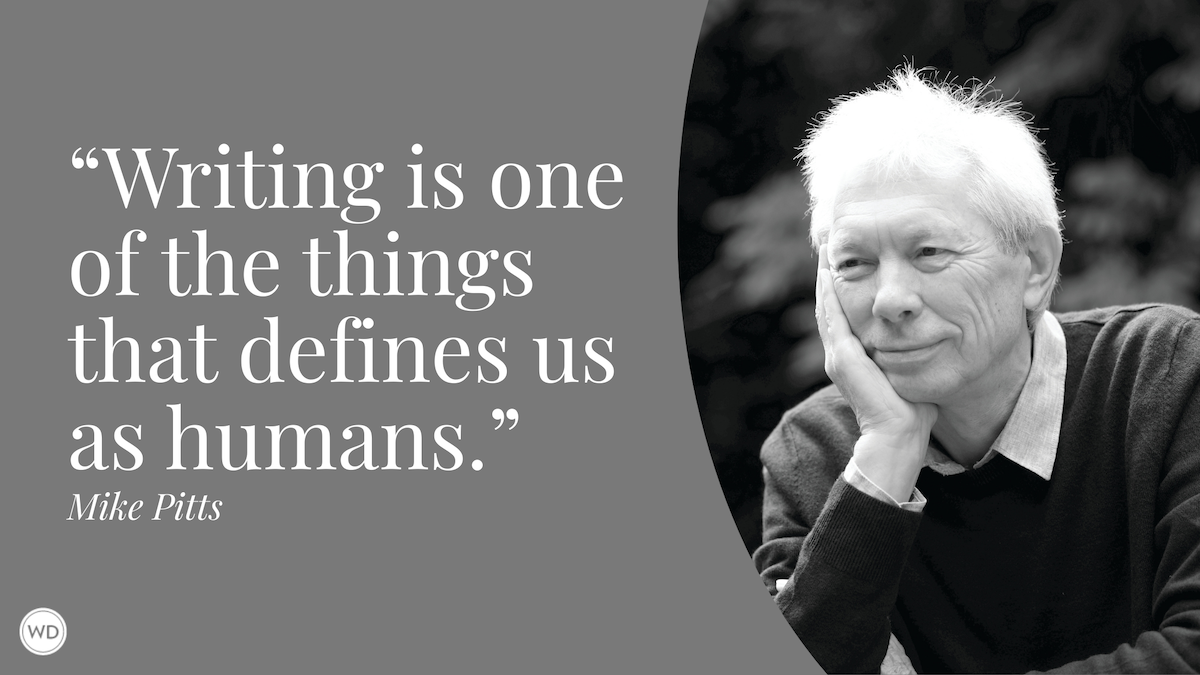History Prompts: How Can I Write a Book on Medieval Bologna When Our Country Is Coming Undone?
History author Jeff Biggers answers the question of how he can write a cultural history of Bologna, Italy, while his country is coming undone.
President John Adams warned us about our current political crises, back in 1787. Much to my surprise, he held up the maniacal plays for authoritarian power in medieval Bologna, Italy, as a cautionary tale.
I learned this recently as I waded through my boxes of notebooks, interviews and research that I have done in the city's ancient archives and museums over the past decades.
Even since I first stepped off the train in Bologna in 1988, and then descended through its famed medieval porticos like a beguiled flaneur, I knew I would one day write a cultural history of this northern Italian city. In the last two years, I have finally sat down to write that long overdue book.
Bologna is the one city I have always called home over the past three decades, even when I lived elsewhere.
And yet, as my 91-year-old mother recently asked me as I visited her in Cochise County, on the Arizona-Mexico border, in a time of so many crises in our country, how on earth can I be working on a book now about medieval towers or the genius of 17th century Baroque painter Elisabetta Sirani—among other historical gems in a place art critique John Berger called the “improbable city.”
My mother, a coal miner’s daughter, whose father took part in the bitter coal wars for union recognition and civil rights, is not alone in her question. I receive nonstop emails and texts from other writer friends, historians, archaeologists, and artists, all consumed and their projects derailed by the daily exigencies of dealing with random budget cuts and job losses, attacks on academic freedom, endless wars, and the denial of due process guaranteed in our constitution for all residents in our country.
Perhaps Bologna is best known for its gastronomic wonders, its UNESCO heritage recognition, or the 1,000-year-old seat of the oldest university in the West—the original alma mater, which shaped Dante, Petrarca, Copernicus, Lavinia Fontana, Mozart, and Umberto Eco, among so many others, including my wife, in its great halls. One of my journalism exemplars, Margaret Fuller, reminded Americans in her correspondence in 1847 of Bologna's fame as the “paradise of women,” pointing out the city’s tradition of championing women painters, writers, scientists, and thinkers as the “soul of society.”
But John Adams, who I chronicled in one of my past books on his attacks on journalism and his role in persecuting critics with the Alien and Sedition Acts, now dictates my Bologna state of mind. The Aurora newspaper in Philadelphia had accused Adams in 1798 of realigning with “a despotic rather than a republican state,” and serving the financial interests of a small group of wealthy merchants.
In London, frantically writing A Defence of the Constitutions of Government of the United States of America in 1787, Adams sought to lay out why Americans were adamant about choosing a three-branch form of government, which ensured the checks and balances missing in European monarchies.
Adams highlighted Bologna for two reasons. First, he admired the city for abolishing slavery in 1256, as proscribed in the cherished document Liber Paradisus (“The Book of Paradise”). Secondly, Adams encouraged all young Americans to learn the Italian language (as he did), in order to master the arts, science, and literature in the country, including its history. In Bologna, specifically, he spent reams of pages detailing the machinations of warring factions in the medieval period, and their persecution of enemies, retribution and vengeance between opposing sides, and the tragedy of “streets that ran with human blood,” despite the city’s extraordinary role as the European center of education and rationalism in the medieval period.
Adams admonished his readers, and all Americans, to never forget Bologna’s “final catastrophe of all such governments, the establishment of absolute power in a single man.”
Adams’ concerns, of course, echoed his earlier writings, in his Thoughts on Government in 1776. Declaring that the judicial power ought to be distinct from both the legislative and executive, Adams concluded “the dignity and stability of government in all its branches, the morals of the people, and every blessing of society depend so much upon an upright and skillful administration of justice.”
Bologna had not cornered the market on submitting to the authoritarianism of a single man, of course. But the medieval city, among other cities in Italy and Europe, Adams told his readers, was full of “excellent warning for the people of America.”
That perhaps is now the best reason to write a book on Bologna, and heed Adams' message in defense of the American constitution, and the absolute power of a single man.
Jeff Biggers is the author of many works of history, including In Sardinia, and most recently the novel coauthored with Andrew Davis, Disturbing the Bones. He is currently at work on a cultural history of Bologna, Italy.









